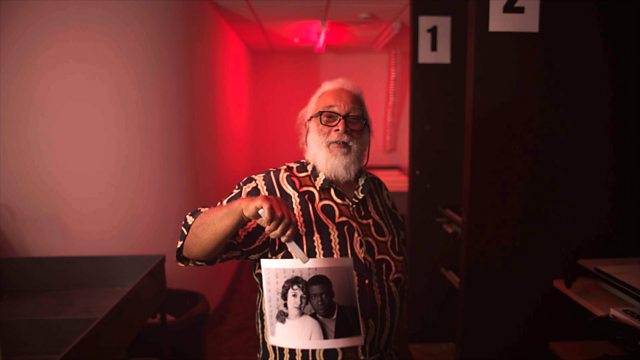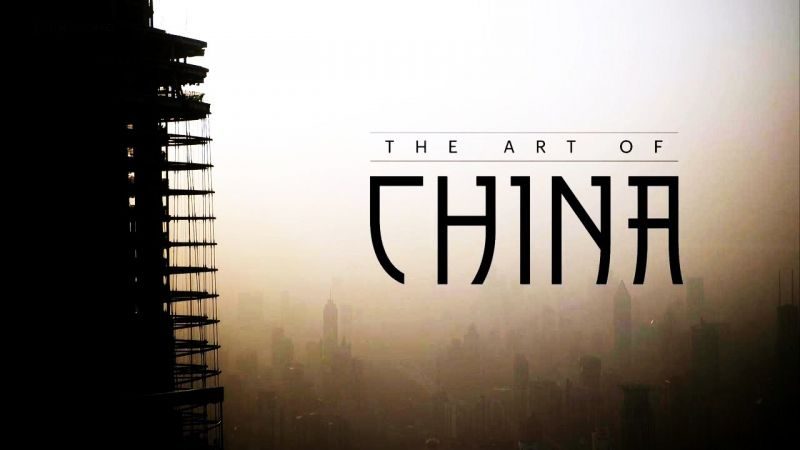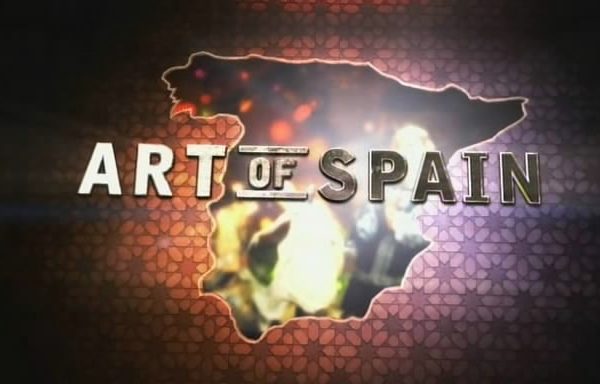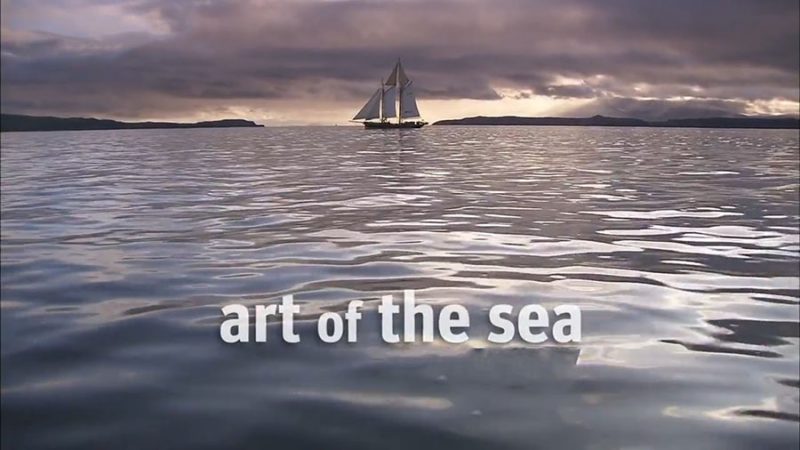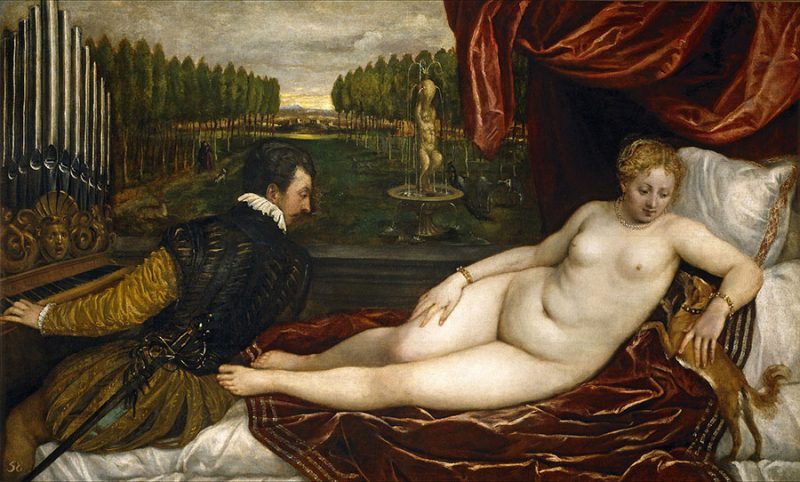Art That Made Us episode 8: In the 1950s and 1960s, the generation of artists who recorded the shocks of global war gave way to an explosion of new voices from across the British Isles, reinventing the arts and creating a richer, more diverse culture. Young artists rebelled against the old establishment, kicking against the confines of class, sex, nation and race. Actress Lesley Sharp performs passages from Shelagh Delaney’s breakthrough play A Taste of Honey, which brought the ordinary lives and unheard voices of working class women to a mainstream audience, while Chila Kumari Singh Burman explores the career of pop artist Pauline Boty.
As British pop culture seduced the world, other voices lamented for something they felt was being lost. Writer and comedian David Baddiel reflects on Philip Larkin’s elegy for the countryside, Going, Going, and addresses the controversy today about Larkin’s attitude to immigration and race. Film director Amma Asante meets photographer Charlie Phillips, a photographic pioneer who recorded the fast-changing community of 1960s Notting Hill, and we look at the impact of Hanif Kureishi’s novel about second-generation immigrant life, The Buddha of Suburbia.
The most striking art of the 1990s chipped away at easy stereotyping and monolithic identities. In Scotland, Irvine Welsh’s Trainspotting, rooted in a raw Scots dialect and a brutal depiction of Edinburgh life, spoke for a world proudly distinct from its English neighbour, while the murals on and around the Belfast Peace Lines became loud spaces for declaration of distinct political allegiance.
With digital technology and installation art changing British culture, artist Liv Wynter explores the impact of Tracey Emin’s work and how it opened up attitudes to class and gender, while actor Michael Sheen remembers his ambitious 2011 production The Passion of Port Talbot, a fusion of traditional mystery play and a 21st-century social media event that could weld a community together. And poet Deanna Rodger reflects on how Stormzy and grime took hold of Glastonbury in 2019 and what it might mean for British identity and inclusion.
Art That Made Us episode 8
Pauline Boty
Pauline Boty (6 March 1938 – 1 July 1966) was a British painter. Boty was a founder of the British Pop art movement and the only female painter in the British wing of the movement. Boty’s paintings and collages often demonstrated a joy in self-assured femininity and female sexuality and expressed overt or implicit criticism of the “man’s world” in which she lived. Her rebellious art, combined with her free-spirited lifestyle, has made Boty a herald of the 1970s feminism.
After her death, Pauline Boty’s paintings were stored away in a barn on her brother’s farm and she was largely forgotten for nearly 30 years. Her work was rediscovered in the 1990s, renewing interest in her contribution to Pop art, and gaining her inclusion in several group exhibitions and a major solo retrospective. The current location of several of her most sought after paintings is unknown.
